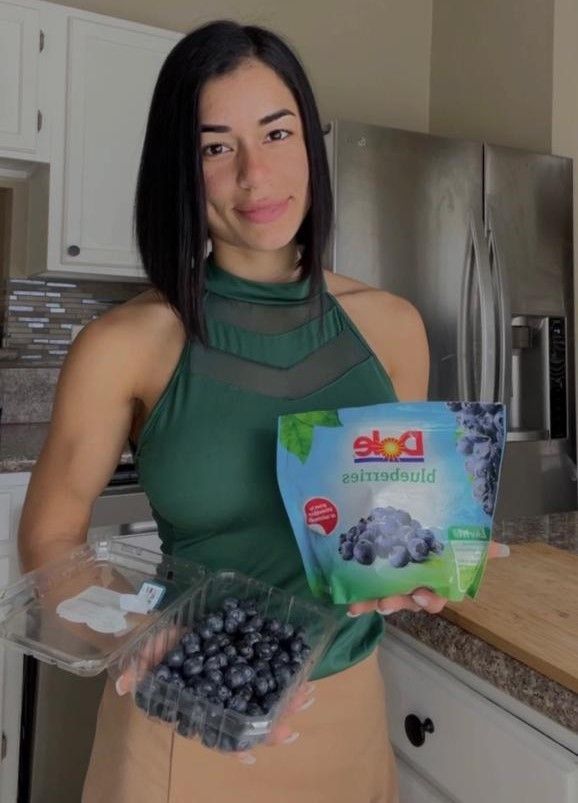FRESH VS FROZEN FRUITS AND VEGETABLES

Contrary to common belief, frozen vegetables and fruits are capable of maintaining all their nutrients after the deep-freezing process, just as if you had just picked them. statement that is supported by numerous scientific studies.
Its nutritional contribution to your body is practically identical. In fact, fresh fruits and vegetables can lose nutrients during picking, sorting, shipping, and display in the supermarket, as well as during storage in the refrigerator or on the kitchen counter. Nutrient loss is due to enzymatic activity, as well as oxidation, when exposed to air and light, but frozen fruits and vegetables, on the contrary, are picked and frozen at their peak ripeness, in order to preserve the maximum amount of nutrients, such as vitamins, minerals and phytochemicals. Natural enzymes in these fresh foods cause changes in flavor, color, texture, and nutritional value. Freezing slows this activity (although it does not stop it completely) and also slows the growth of bacteria, fungi, yeasts, and other pathogens that can further spoil fresh fruits and vegetables.
Do frozen fruits have more sugar than fresh ones?
Frozen fruits are processed as follows: The manufacturer washes the fruits. A chemical compound such as ascorbic acid (vitamin C) is added to stop enzyme activity. This helps prevent the fruit from continuing to ripen. The fruits undergo a flash freezing process, which freezes them quickly without damaging them. No added sugars are used, making the sugar content of frozen fruit equal to that of fresh fruit. But always check the food label as many frozen fruit products may contain refined sugar for added sweetness. If the package says "sweetened" or "slightly sweetened," then it has added sugars.
Do frozen fruits and vegetables have preservatives?
Another added health benefit that frozen fruits and vegetables provide is that they are free of unwanted preservatives and additives. The reason is that the temperature of these frozen foods does not allow bacteria and other pathogens to continue to grow. In fact, freezing food as a means of preserving it has been used for thousands of years, especially in colder climates.
BENEFITS OF FROZEN FRUITS AND VEGETABLES
• They are just as nutritious, and sometimes even more so, than the fresh version.
• They last longer than fresh ones, due to the temperature used to preserve them.
• Frozen versus fresh fruits and vegetables are much cheaper.
• They're so convenient: These foods are usually pre-washed and pre-cut, making microwaving or pan-sautéing quick and easy.
• They are available throughout the year.
• They are versatile: they are easily added to many different dishes and are already pre-cooked.
• They do not contain preservatives or unwanted additives.